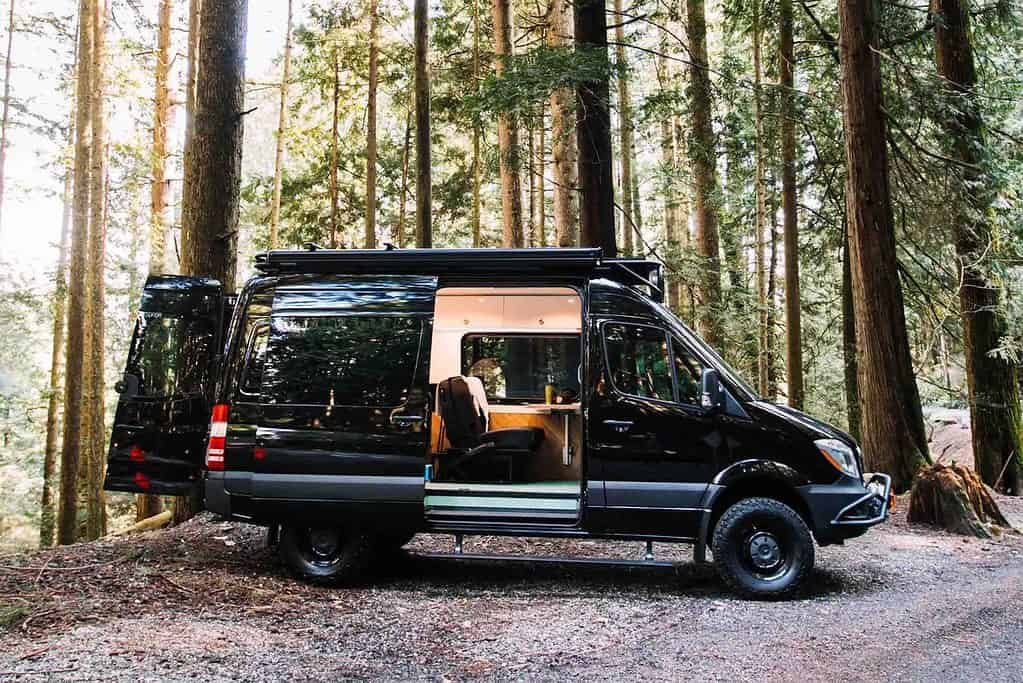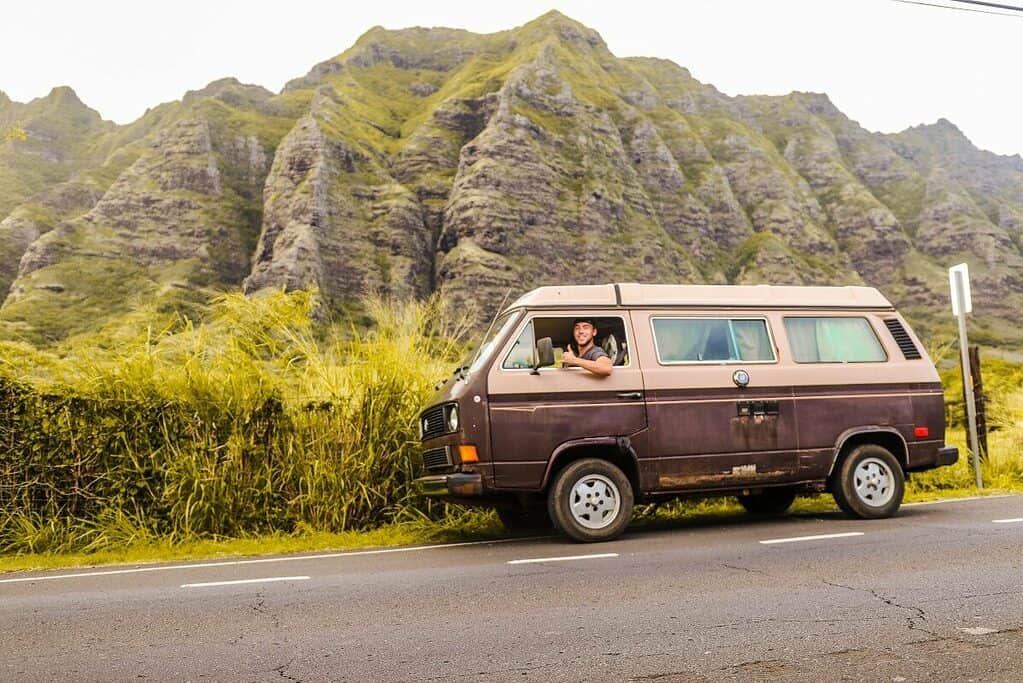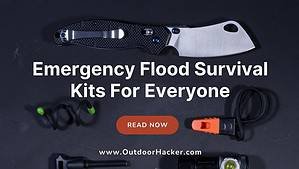Who says you need a bankroll for a vacation? If you have a van or SUV, you have the perfect getaway vehicle. We have the best van camping hacks for you here.
Some people turn their vehicles into mobile homes or office spaces, travelling the country instead of calling a singular zip code home. However, this style of travel isn’t the most glamorous or ideal for everyone. Do you want to give it a go? Here’s how to camp in a van and more van camping tips.
Table Of Contents
Best Van Camping Hacks
1. Design the Perfect Layout

You don’t have to do much prep work if you only plan a single weekend’s escape. However, if you plan on using your van for regular camping trips — or even living in it — you want to learn how to remove the seats to give you more space. Some newer models are made to detach, requiring only two people to wrangle them. Others require a bit more tool knowledge. So let’s see more van camping ideas here.
Those who plan on full-time van life have more work to do. Ask yourself the following questions when designing your layout:
- Do I need sleeping space for myself or others? Your quarters are already tight and repeated nighttime kicks get wearisome quickly.
- What equipment do I need? If you’re a freelance writer, a small fold-down table might do for your laptop. What if you have bikes, musical or camera equipment to transport?
- What appliances are musts? You’ll probably need to learn to live without an oven, but many vans have cooktops, small microwaves and coffee pots.
Considering your needs is key to a van you can live in comfortably despite close quarters. For example, if you plan on using an electric bike for minor errands, vinyl flooring is a better choice than carpet for pulling your backup ride inside to keep it safe from theft. It’s far more lightweight than tile or granite and reducing pounds preserves gas mileage.
2. Plan for Water and Heat
Using a bottle as a restroom is one of the less glamorous aspects of camping in a van. Those who plan on such a lifestyle full-time should consider installing a small bathroom — it’s a squeeze but possible. You’ll thank yourself for your efforts every time 3 a.m. temperatures dip below 65° Fahrenheit.

Even if you skip such heavy modifications, you’ll need water. You might discover the convenience of having a freshwater tank justifies the expense of a functional sink for weekend getaways. Otherwise, leave space for several gallon jugs — you’ll need them for drinking, cooking and washing your hands.
Heat is another concern. It’s all well and good if the weather’s balmy, but you can’t run your engine all night when it’s cold. Fortunately, your body heat does a better job of maintaining warmth in a small, enclosed space, but you can’t rely on that alone. Invest in a generator — you can find solar models if you choose a tiny lifestyle to minimize your carbon footprint.
3. Locate the Ideal Campsite
Where will your adventures begin now that you have your van outfitted and ready to go? One advantage of travelling by van versus RV is parking availability. While many jurisdictions prohibit recreational vehicles from parking on public streets, vans experience much less discrimination as they’re also passenger transport.

However, you outfitted your van for camping, not spending more time in the urban jungle. If you live on the east coast, you might have to pay a bit to park your ride at an established campground. Prices vary by location and amenities — some have power and internet service to accompany water and dump stations.
You have more options out west. You can camp for free on public Bureau of Land Management land as long as you follow the rules:
- You must limit your stay to 14 calendar days.
- After 14 days, you must relocate at least 25 miles away.
- You can only use one location for a total of 14 days during a 28-day calendar period.
Please remember that you won’t have access to services while camping on public land. Some of these locations are remote, miles from the nearest convenience store, so stock up before you go. You also won’t likely have cell service, which leads to the next van camping tip.
4. Master Some Basic Mechanics
It’s a beautiful morning in the northern Arizona mountains. Today’s restocking day — and you have a flat tire. Hopefully, you like hiking, as you might have quite the distance to travel before your cell signal comes in strongly enough to let you call AAA.
You don’t have to become a master mechanic, but you should know how to swap out a tire or blown radiator hose, especially if you plan to live in your van or travel solo. Otherwise, you could find yourself in an unwinnable scenario if you roll your ride in the middle of nowhere and are too injured to go for help.
Keep the following tools in your camper van to prepare yourself to handle minor breakdowns:
- A portable jumper pack — there’s nothing like having your own juice supply if your battery dies far from comrades with cables.
- A multi-bit screwdriver.
- An adjustable wrench.
- A socket set.
- Various pliers (needle-nose and vice-grip).
- A tire wrench, spare and sealant.
- A pressure gauge.
- A jack.
- Flares and triangles — in case you break down en route to your destination.
- A fire extinguisher.
- Tow straps.
If you’re a mechanical novice, why not sign up for a crash course to learn the basics? Many community colleges offer such classes to those who don’t plan to enrol in an entire automotive repair program or are exploring their options.
5. Outfit Yourself Like a Pro
You have your van ready — what about you? Want more DIY camper hacks? You also need to outfit yourself for the road. What should everyone who camps in a van carry with them? Here’s a short list of the basics.
Food

Fast food doesn’t suddenly become healthier when you go on vacation. While allowing the occasional indulgent meal is okay, you shouldn’t spend your entire weekend gorging on burgers and fries. Here’s where trusty trail mix comes in handy — look for versions without a ton of added oils and salt. Dried and fresh fruit, nuts, seeds, individually-wrapped cheese sticks, whole grain crackers and jerky are more nourishing choices.
Canned soup is glorious when you camp on cold winter days if you have a kitchenette. Pay attention to the sodium content, though — a single can sometimes contain your recommended daily amount. Such a diet is dangerous for folks with heart conditions like high blood pressure.
First Aid
Camping in a van can mean getting hurt far from the nearest pharmacy. You need a well-stocked first aid kit in your van in case of emergencies. Include the following:
- Gauze bandages in various sizes.
- Adhesive bandages in multiple shapes and sizes.
- Medical tape.
- Large cloth squares for making slings.
- Scissors and tweezers.
- Triple antibiotic ointment.
- Prescription medications.
- Over-the-counter medications.
Socks and Undies
You won’t have room for a washer and dryer, meaning you’ll have to find a laundromat if you intend to become a full-time camper van dweller. However, even weekend warriors should bring plenty of fresh socks and underwear.
Why? These items sit closer to your skin, where they can become contaminated by bacteria. You don’t want to wind up with a wicked case of trench foot if you accidentally step in a puddle.
Personal Protection
Camping in a van can be dangerous, especially if you travel alone. Personal protection doesn’t necessarily mean carrying a gun, although feel free to do so if you’re legally able and trained to use such a weapon. If you’re living rough, it’s much easier to ping a rabbit with a .22 than wait for one to hop into your snare.
However, you might be one of the many who hesitate to use deadly force in a survival situation. Doing so gives an attacker time to take your weapon and use it against you so pepper spray might be a better option. After all, it would help if you always carry bear spray when camping in their territory. While it hurts, it won’t kill a human being and you may pause less before pulling the trigger.
Make Camping in a Van Life Easy
Maybe you’re a weekend warrior on a budget looking to outfit a getaway vehicle for weekend outings. Perhaps you’ve had it up to here with rent hikes and have decided to give the excitement of van life a try to save money on housing while travelling the country. Either way, you need to know how to camp in a van.
The tips above will help you prepare yourself and your ride for your adventure. From there, nothing stands between you and the open road.








